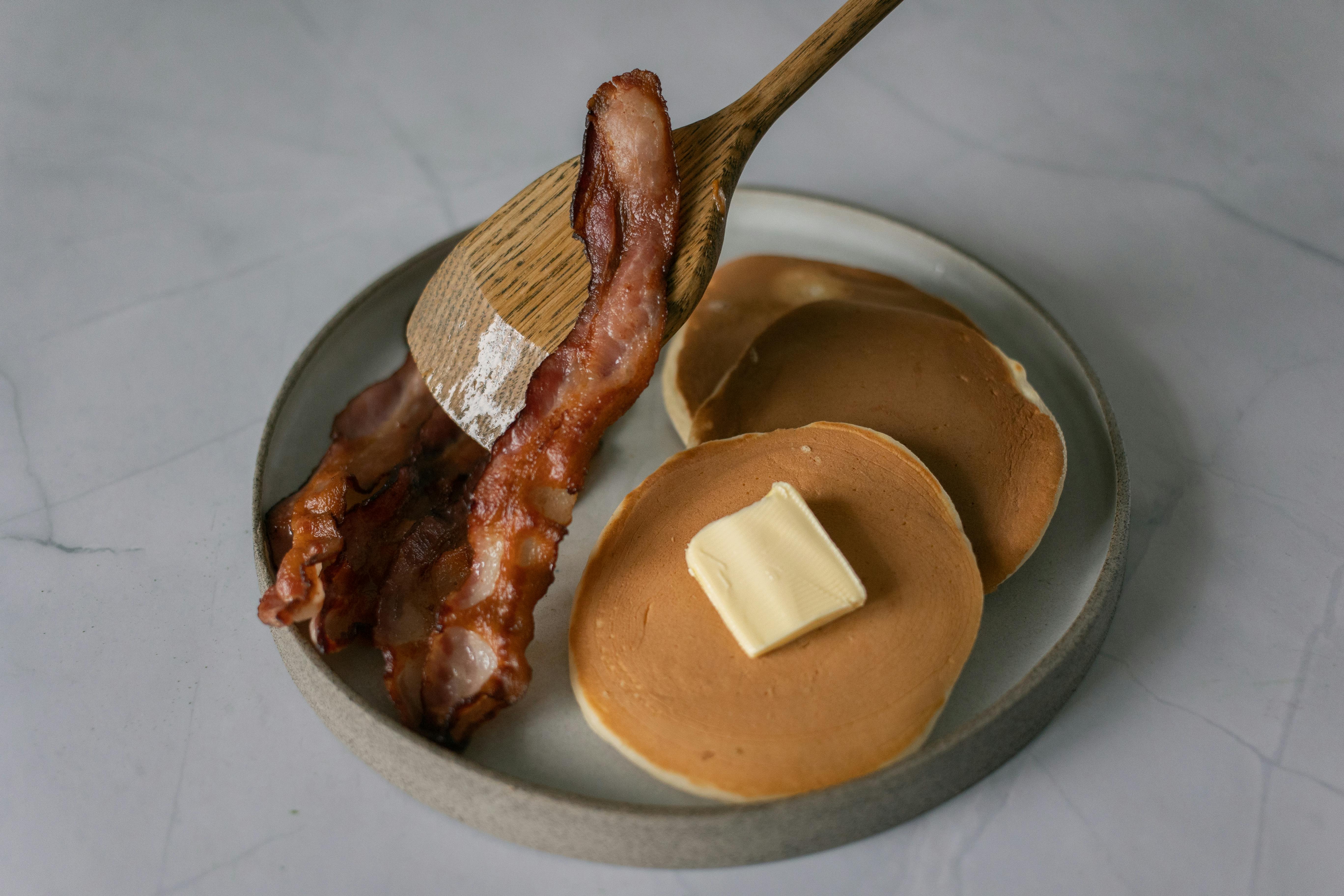The Joint Entrance Examination 2018 (JEE-2018) is just around the corner and a cloud of tension will inevitably haunt all JEE hopefuls as the days go by. The main challenge one faces is managing/balancing study time for Board and JEE exams. Also, you are expected to write the entrance exam soon after your Board exams, giving you a small window to prepare for the JEE. So, when JEE comes knocking on your door, don’t be discouraged, all you need is a foolproof plan to start your preparation into overdrive today and make the best possible use of your time. Read on to understand how you can set a plan to achieve the goal of excelling in the JEE exam.
A foolproof study plan: organized preparation is KEY
First things first, know all the important dates and deadlines related to the JEE exam. This will help you plan your approach to passing the exam and estimate how much effort you will need each day.
A good strategy is often the crucial factor that differentiates success from failure. Embrace organized preparation as your strategy and make sure every day counts.
Here is a checklist of items to do when preparing for the JEE and formulating an effective study plan.
1. Make sure you plan the entire JEE and Board syllabus. JEE is a superset of boards when it comes to physics, chemistry, math, but you have to contribute time for other subjects that will also be on your board exams.
2. Set deadlines for completing each topic. Measure your progress as you go
3. Adopt a systematic learning method. Try to plan your study taking into account the time available and the topics to be covered in the given time frame.
4. Create notes and mind maps while you study. These will become vital when it comes to the review.
5. Last but not least, make sure you include recreation in your schedule because all work and no play can be exhausting and in most cases even counterproductive.
Effective preparation: staying focused on your goals and working to achieve them
Now let’s dive deeper into understanding how to boost your focus effectively as it will be THE crucial part of JEE preparation.
Identify your STRONG and WEAK issues
It is vital that you take a good look at yourself and identify your strong and weak issues. Break it down from a subject level to a topic level. This way, you will be able to have a sharp focus on what needs to be done. Make a list of these topics and be sure to put together a schedule that allocates time efficiently with greater weight given to the topics in which you are weak.
Identify and acquire the best study material.
You will have to give weight mainly to your NCERT book period. This is because JEE Main is organized by CBSE. So the exam is certainly based on the content provided in these books.
Also gather a list of practice questions and old quizzes so you know what questions are being asked. An additional list of reference books by subject has been shared at the end of this article.
Weighing quality over quantity: JEE demands understanding and application of logic
You must have heard the adage that quality is more important than quantity over and over again. An aspiring JEE should take this seriously because only quality preparation can help him achieve his goal, regardless of the countless hours he spends reading her books.
You will have to adapt to the practice of embracing concepts qualitatively. An enthusiastic approach towards JEE preparation can force you to accumulate concepts, even if it means not understanding them correctly. This can backfire and your preparation can go awry. JEE is definitely not about superficialities at all; tests your conceptual knowledge to the core. This means absolutely mastering the topics. So, you need to go to the root of the concepts and clear any and all doubts instantly and constantly to make sure that you can handle any question on that topic.
Reinforce a positive mindset
It is said that poor results during an exam can be attributed to a negative mindset, usually in the form of stress, anxiety, and a lack of self-confidence. As you prepare for the exam, always remember that stress and anxiety are normal, but what you choose to do with them is what matters. You could let it be your downfall or use it to push you to improve your work. Take these tips and use them to tap into your anxiety and stress and reinforce a positive mindset.
1. Test worries often stem from fear of the unknown. Not knowing what to expect under test conditions can lead to panic. Get over this by studying past exams to get a realistic idea of what’s to come.
2. Organized Approach: Being organized should be part of your strategy. Little things like organizing your written material into subheadings, charts, bullets, and diagrams can help you clear up the clutter. By dividing up your work, exam preparation becomes more productive
3. Fear of mistakes is an obvious stress trigger, and mistakes are unfortunately an unavoidable component of exams. So keep learning from your mistakes while practicing sample documents, and experience failure as feedback to stay positive.
What NOT to do while preparing for JEE:
Just as a precaution, here is a list of common mistakes students preparing to enter JEE make so that you stay away from these mistakes.
1. Ignore NCERT books
2. Not making or not complying with a schedule
3. Ignore Chemistry and focus only on Math and Physics
4. Ignore Theory in Mathematics and Physics
5. Accumulating reference material but not completing any thoroughly
6. Moving on without fully understanding the concepts
Annex: List of reference books:
Choosing the Right Books for Cracking the JEE
Only after you have mastered the NCERT books is it recommended to move on to these reference books. Here is the list of books you can refer to to understand the topics and practice problems. These are the books recommended by teachers and IITians.
Best Physics Books for JEE Preparation:
Physics Concepts by HC Verma (Part 1 and 2)
IIT-JEE Physics by DC Pandey
Resnick, Halliday, and Walker’s Fundamentals of Physics
IE Irodov’s General Physics Problems
Once you have finished the NCERT physics books, start studying HC Verma’s book because it provides many end-of-chapter questions categorized by level of difficulty. An honest attempt to resolve them can go a long way.
Simultaneously, try the book by Halliday, Resnick, and Walker. This book has a great reputation around the world because each chapter offers few conceptual questions that again can help build a solid foundation.
IE Irodov’s book is one of the most difficult books in physics. It is very helpful for Mechanics and Electromagnetism problems for IIT JEE Preparation.
Best Chemistry Books for JEE Preparation:
Chemistry is roughly divided into a) General Chemistry with a heavy emphasis on Physical Chemistry, b) Organic Chemistry, and c) Inorganic Chemistry.
Organic Chemistry by Morrison and Boyd for Organic Chemistry
Organic Chemistry by Solomons and Fryhle for Organic Chemistry
Concise Inorganic Chemistry by JD Lee for Inorganic Chemistry
Modern approach to chemical calculations by RC Mukherjee
Best Math Books for IIT JEE Preparation:
Higher Algebra by Hall and Knight for Algebra
Coordinate Geometry by SL Loney
Differential and Integral Calculus by N. Piskunov
Thomas and Finney Calculus and Analytic Geometry for Calculus
IIT Mathematics by ML Khanna
Mathematics Course for IIT-JEE by Tata McGraw Hill Publications
Plus Problems in IIT Mathematics by A Das Gupta
Trigonometry by SL Loney
I hope this guide has shed some light on how to plan and strategize for your JEE 2018 preparation.






